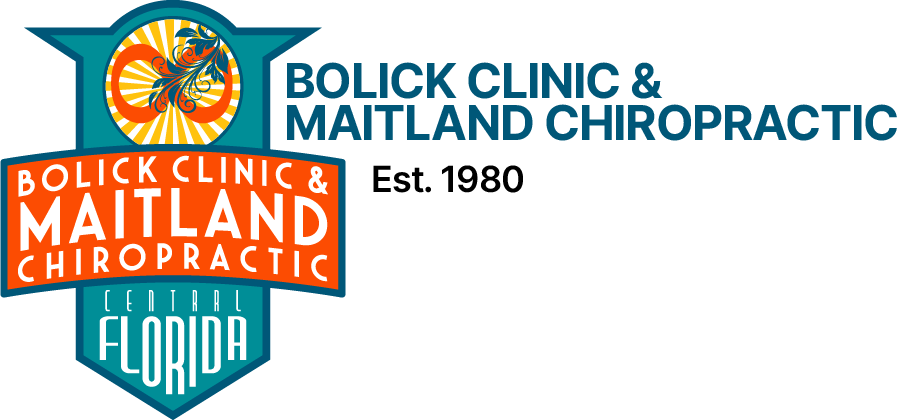DOT Physical CPAP Compliance Requirement
CPAP compliance is the measurement of how many hours and nights you’re using your therapy, and if you’re using it enough for treatment to be effective. When you’re noncompliant, it means you don’t use your CPAP device as often as you should be or you’re not using it long enough while sleeping.
The FMCSA describes compliance as therapy usage for an average of four hours each night for a minimum of 70 percent of the nights.
Devices today can determine if you actually wear your mask or simply turn the machine on but don’t wear your mask. This measurement helps with assessing compliance and is usually a factor insurance providers measure for purposes of coverage. The DOT will also use your CPAP compliance report to prove your treatment is successful.
Bring in a CPAP compliance report from the most recent 6 months at the time of your DOT Physical.
*Federal Statute 49 CFR § 391.43

